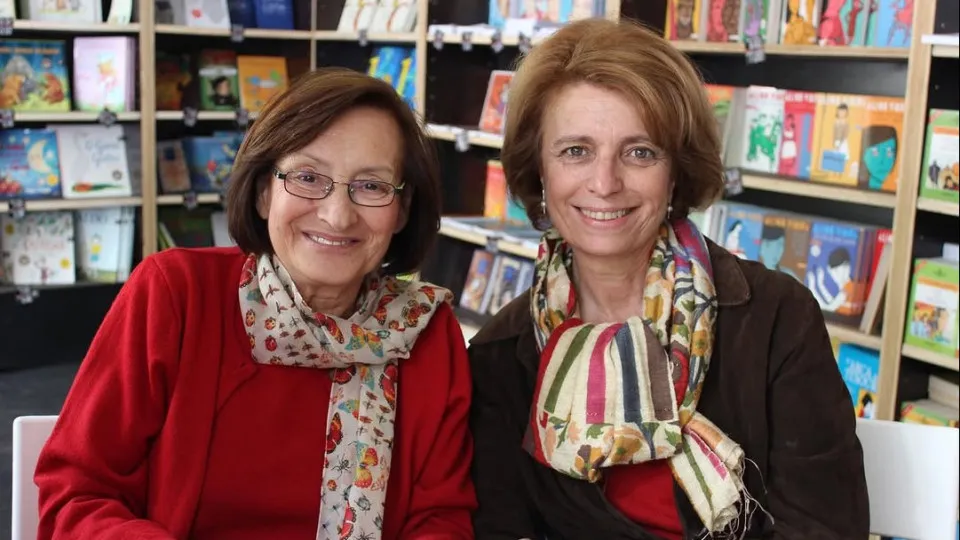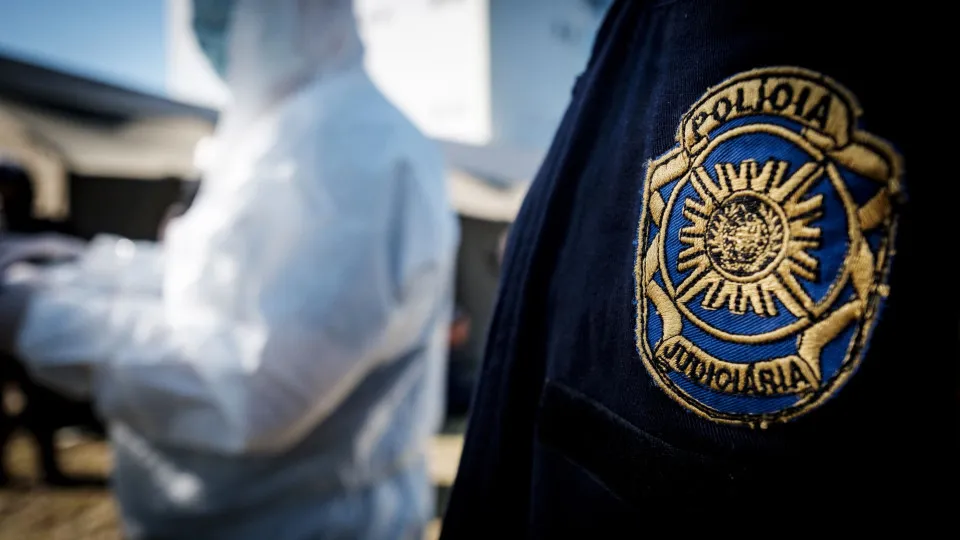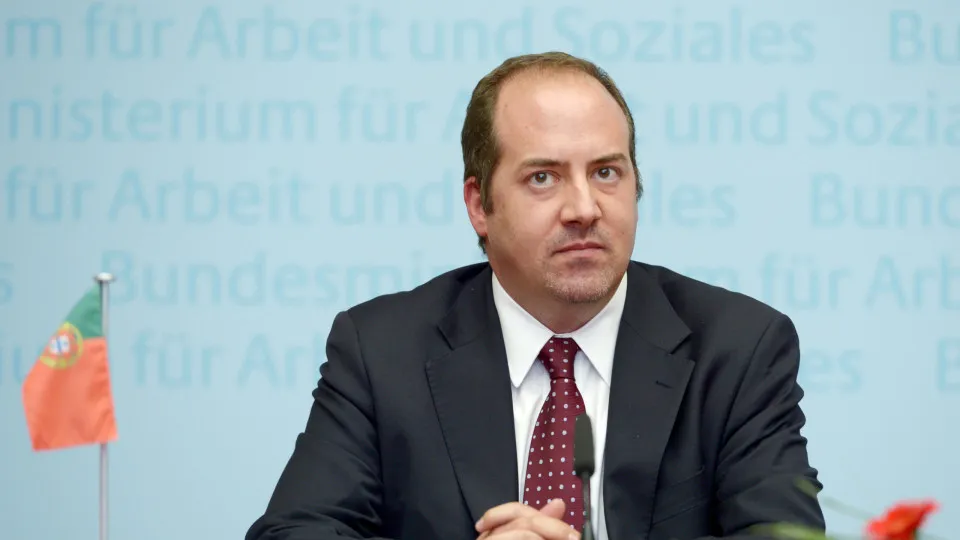
‘A Saúde é para todos! O Serviço Nacional de Saúde’ is the title of a book that introduces young readers to Portugal’s National Health Service (SNS) through stories and statistics, illustrating its significance in promoting healthy lifestyles, disease prevention, and providing “free and high-quality healthcare.”
On the eve of the book launch, coinciding with SNS Day, Isabel Alçada described to Lusa the endeavor as “a great challenge,” given the difficulty of conveying such topics to younger audiences.
She emphasized the enthusiasm, shared with Ana Maria Magalhães, for collaborating on projects they deem vital for Portugal.
“These are topics related to social issues or are highly abstract, and young people often focus on other interests rather than what we’re presenting,” she explained.
Thus, the authors used stories as “a way to draw [young people’s] attention to the crucial role of the National Health Service.”
With illustrations by Pedro Brito, the book contains four stories – ‘Dinis e o seu estojo verde,’ ‘Um cansaço bom,’ ‘Atchim,’ and ‘Caso de acidente’ – highlighting the importance of oral hygiene, physical exercise, disease prevention such as flu, and how to respond effectively in accidents to “fully benefit” from SNS and INEM services.
Isabel Alçada stated that the aim is for young readers to identify with the characters and situations or recognize experiences of their friends, prompting reflection.
“It’s not just thinking, as the SNS represents not only a theoretical and intellectual issue but also an emotional importance,” she highlighted.
For the author, it’s crucial to “understand well” what Portugal uniquely offers: An SNS for everyone, “practically free, with all the latest scientific advancements serving people’s treatment and prevention.”
Each story is followed by information provided by the Ministry of Health and the Directorate-General for Health, aiding young readers who wish to “explore further,” she noted, mentioning that the combination of fiction and information helps broaden their understanding of the topic.
The book allows young readers to learn about the history of the SNS, established in 1979, and provides insight into its real scale through figures such as the 6.2 million emergency attendances conducted in 2024, the birth of 64,503 babies within the SNS, and its workforce of 153,595 professionals, primarily nurses (51,826) and doctors (33,040).
Isabel Alçada shared her enjoyment in writing this historical segment alongside her coauthor: “We find it crucial for people to remember there was a time when [this service] didn’t exist. It was established thanks to figures like Dr. António Arnaut, who played a significant role in SNS’s creation, and all the professionals working in the SNS deserve our recognition.”
The former Minister of Education also emphasized that Portugal’s SNS and educational system provide “excellent conditions” enabling all Portuguese to benefit from prevention and treatment in one case, and “adequate education” in the other.
“This is not the case in many countries,” she warned, comparing it to the United States, considered highly developed but lacking “a high-level and comprehensive healthcare service” akin to Portugal’s.
The authors of the renowned children’s book series “Uma Aventura,” which began in 1982, are hopeful that the new book will be read within families and utilized by teachers in citizenship classes.
“School libraries are also crucial for ensuring these resources, beneficial for the educational development of young people, are freely accessible,” as well as public libraries across the country.




